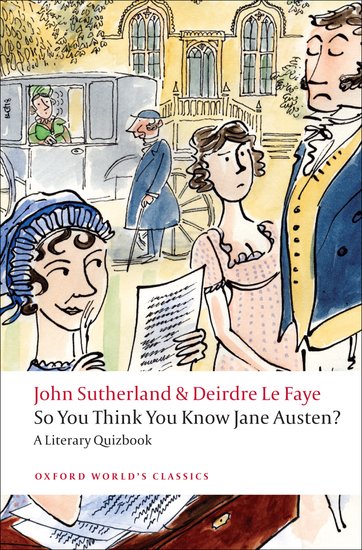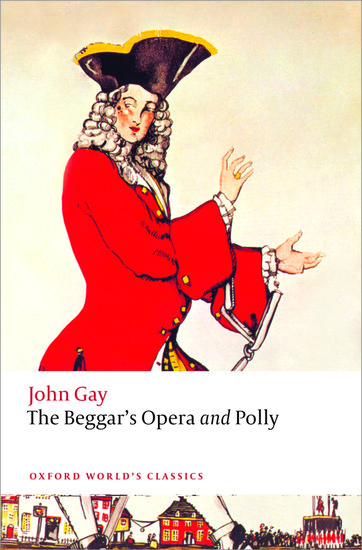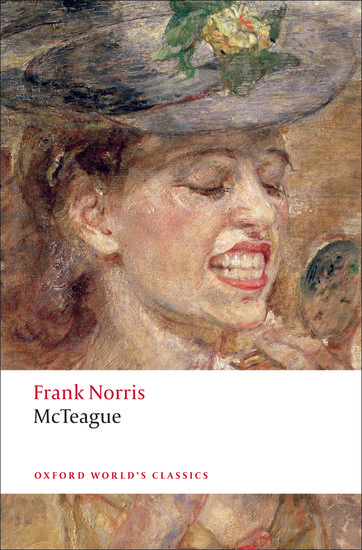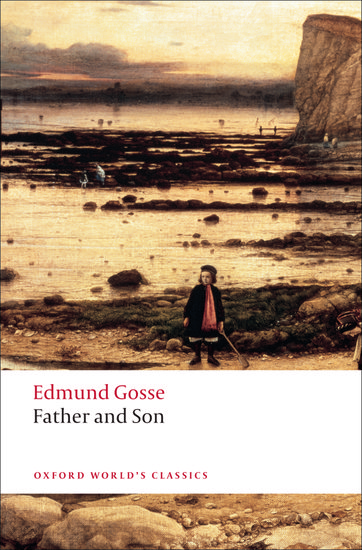Tiberius on Capri: in pursuit of vice or just avoiding mother?
In AD 14, two thousand years ago this summer, the emperor Augustus, having dominated Rome for over forty years, finally breathed his last. The new emperor was his step-son Tiberius. While Augustus’ achievement in ending civil war and discreetly transforming a republic into one-man rule provokes grudging admiration even from those who aren’t keen on autocracy, Tiberius has very few fans.











